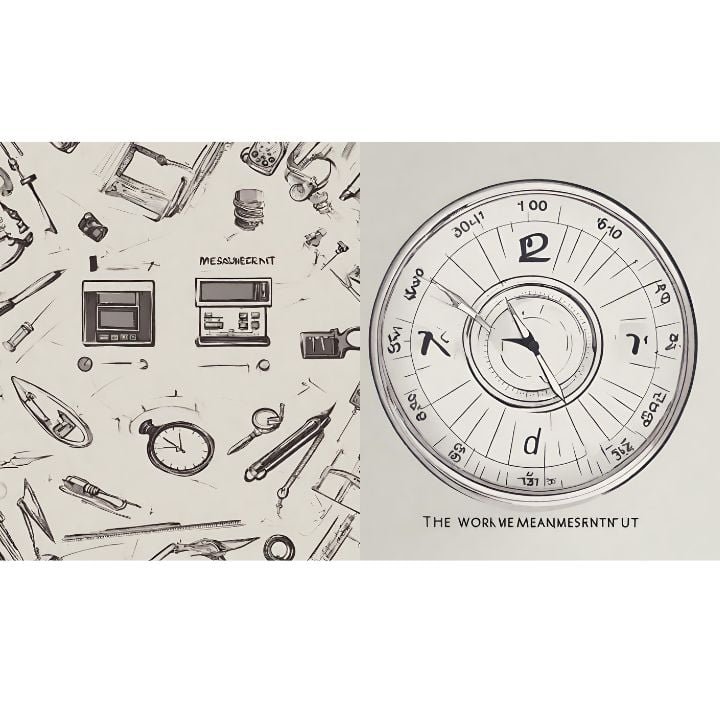Quality Engineering is a critical discipline that ensures products, processes, and services meet specified standards and customer expectations. For students pursuing a Bachelor of Science (BSc) degree, particularly in Industrial Engineering, understanding the quality engineering basics is fundamental. This field equips future engineers with the knowledge and tools to design robust systems, prevent defects, and drive continuous improvement across various industries. A solid grasp of these principles is not just academic; it’s a prerequisite for creating value and maintaining competitiveness in today’s global market.
Table of Contents
- What is Quality Engineering?
- Core Concepts in Quality Engineering Basics
- Essential Tools for Undergraduate Industrial Engineers
- Why Quality Engineering Matters for Your Career
- Conclusion
What is Quality Engineering?
At its core, Quality Engineering involves applying engineering principles and quantitative methods to ensure and improve the quality of products and processes. It’s a proactive approach, aiming to build quality in from the start, rather than inspecting it in at the end. This discipline encompasses a wide range of activities, from design and development to manufacturing, service delivery, and customer feedback. For BSc students, it’s about learning to identify potential issues, measure performance, and implement data-driven solutions to achieve optimal outcomes. It’s also about fostering a culture where quality is everyone’s responsibility.
Core Concepts in Quality Engineering Basics
To truly grasp quality engineering basics, it’s vital to understand several foundational concepts that underpin the field. These principles provide the framework for analyzing, managing, and improving quality in any organizational setting.
Quality Control vs. Quality Assurance
While often used interchangeably, Quality Control (QC) and Quality Assurance (QA) have distinct roles. QC is primarily focused on identifying defects in products or services after they have occurred. It’s about inspection and testing. QA, on the other hand, is a proactive process that focuses on preventing defects from occurring in the first place, by setting up appropriate processes and procedures. Both are crucial for comprehensive quality management, but their timing and scope differ significantly. Understanding this distinction is one of the initial steps in mastering quality engineering.
Statistical Process Control (SPC)
SPC is a powerful methodology used to monitor, control, and improve a process through statistical analysis. It involves using control charts to determine if a process is in a state of statistical control or if it’s being affected by special causes of variation. By tracking process parameters over time, engineers can identify trends, anticipate problems, and make timely adjustments, thereby reducing waste and improving consistency. This quantitative approach is a cornerstone of modern quality engineering.
Lean and Six Sigma Principles
Lean manufacturing focuses on minimizing waste within manufacturing systems while maximizing productivity. It identifies seven types of waste (defects, overproduction, waiting, non-utilized talent, transportation, inventory, motion, extra processing). Six Sigma is a disciplined, data-driven approach and methodology for eliminating defects in any process – from manufacturing to transactional and from product to service. It aims for near-perfect quality, typically allowing no more than 3.4 defects per million opportunities. Combining Lean and Six Sigma principles provides a robust framework for continuous improvement and operational excellence.
Total Quality Management (TQM)
TQM is a management approach centered on quality, based on the participation of all its members, and aiming at long-term success through customer satisfaction. It emphasizes continuous process improvement, factual decision-making, and a system-wide commitment to quality. TQM principles integrate quality into all aspects of an organization, from top management to frontline employees, ensuring that everyone is invested in achieving quality goals. Further reading on TQM can be found at ASQ’s TQM resources.
Essential Tools for Undergraduate Industrial Engineers
BSc students in Industrial Engineering will learn to apply various tools to implement quality engineering principles effectively. These tools help in data collection, analysis, and problem-solving.
The 7 Basic QC Tools
The “Seven Basic Tools of Quality” are a set of graphical techniques used to identify and solve quality-related problems. Mastering these tools is crucial for any undergraduate IE student:
| Tool Name | Primary Use |
|---|---|
| Cause-and-Effect Diagram (Fishbone Diagram) | Identifies potential causes for a problem. |
| Check Sheet | Systematically collects and tallies data. |
| Control Chart | Monitors process variation over time. |
| Histogram | Shows the frequency distribution of data. |
| Pareto Chart | Prioritizes problems by frequency of occurrence. |
| Scatter Diagram | Examines relationships between two variables. |
| Stratification | Separates data into categories to find patterns. |
Introduction to Quality Management Systems (QMS)
A Quality Management System (QMS) is a formalized system that documents processes, procedures, and responsibilities for achieving quality policies and objectives. ISO 9001 is the international standard for QMS, providing a framework for organizations to ensure they consistently meet customer and regulatory requirements and enhance customer satisfaction. Understanding the structure and requirements of a QMS is vital for implementing effective quality strategies in a professional setting. For more insights on improving processes, consider exploring our article on Effective Process Improvement Strategies.
Why Quality Engineering Matters for Your Career
A strong foundation in quality engineering is invaluable for BSc graduates. It opens doors to roles in manufacturing, healthcare, logistics, and service industries where process optimization and defect reduction are paramount. Employers actively seek engineers who can contribute to continuous improvement, cost reduction, and enhanced customer satisfaction. The analytical and problem-solving skills honed through quality engineering studies are highly transferable and provide a significant competitive advantage in the job market.
Conclusion
Understanding quality engineering basics is more than just a course requirement for BSc students; it’s an investment in a successful engineering career. By mastering core concepts like SPC, Lean Six Sigma, and the practical application of quality tools, future engineers will be well-equipped to tackle complex challenges, drive innovation, and contribute significantly to their organizations’ success. Embrace these foundational principles, and you’ll build a career focused on excellence and continuous improvement.


